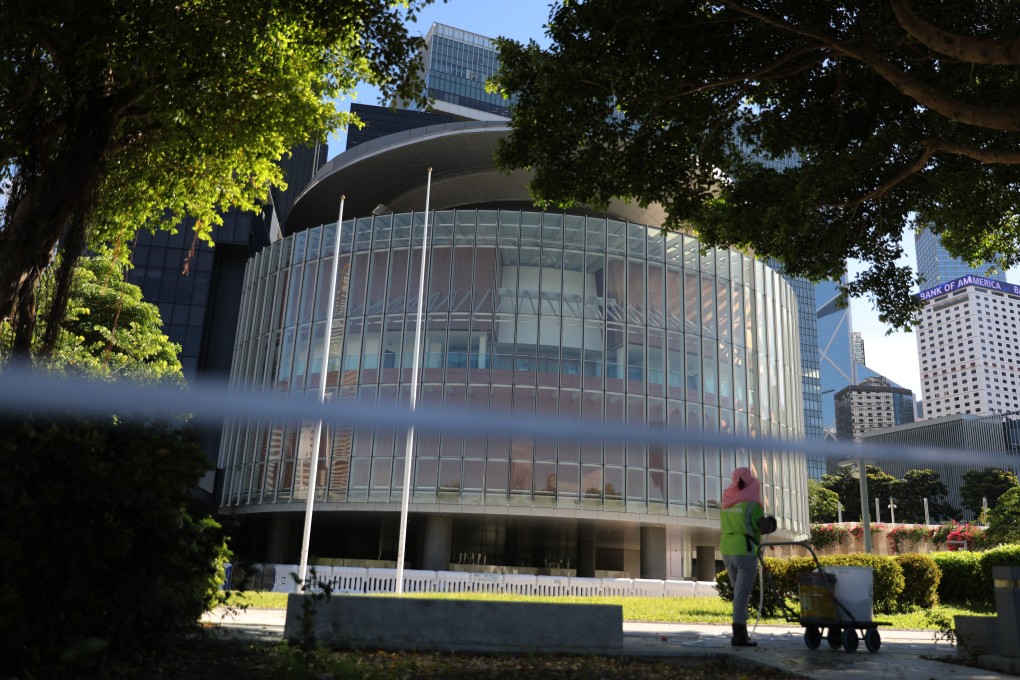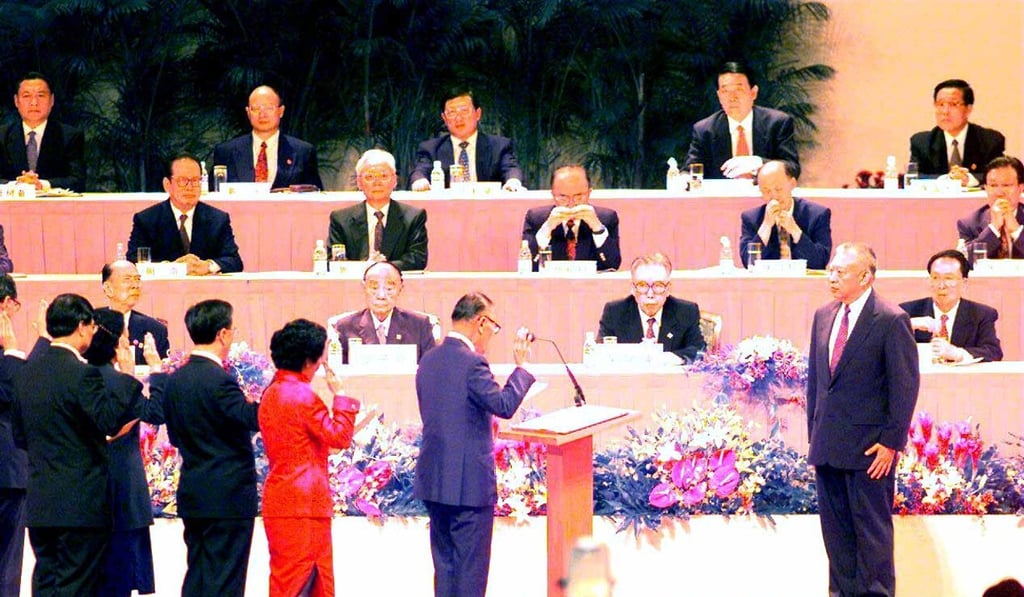Advertisement
Hong Kong elections: Extending Legco’s term would allow ‘caretaker legislature’ to stay in charge until polls are held next year
- Opposition lawmakers will face dilemma over whether to stay if some colleagues are barred from interim legislature
- Angered by British before 1997 handover, Beijing set up a provisional Legco that initially met in Shenzhen and passed more than 60 bills
Reading Time:3 minutes
Why you can trust SCMP

Having postponed September’s Legislative Council elections, citing public health concerns, the Hong Kong government is now looking to Beijing to plug a legal gap.
The question is, what to do once the current Legco term expires on September 30?
Chief Executive Carrie Lam Cheng Yuet-ngor said on Friday it would be “most pragmatic” to extend the term of the current legislature by up to a year, but made clear she was leaving it to China’s top legislative body, the National People’s Congress Standing Committee, to decide.
Advertisement
Hong Kong’s legislature has faced similar uncertainty before.

Advertisement
A decade before the city returned to Chinese sovereignty in 1997, London and Beijing agreed to a “through-train” arrangement under which members of the Legco elected in 1995, while the British were still in charge, would continue as members of the Special Administrative Region’s first legislature after the handover.
Advertisement
Select Voice
Choose your listening speed
Get through articles 2x faster
1.25x
250 WPM
Slow
Average
Fast
1.25x